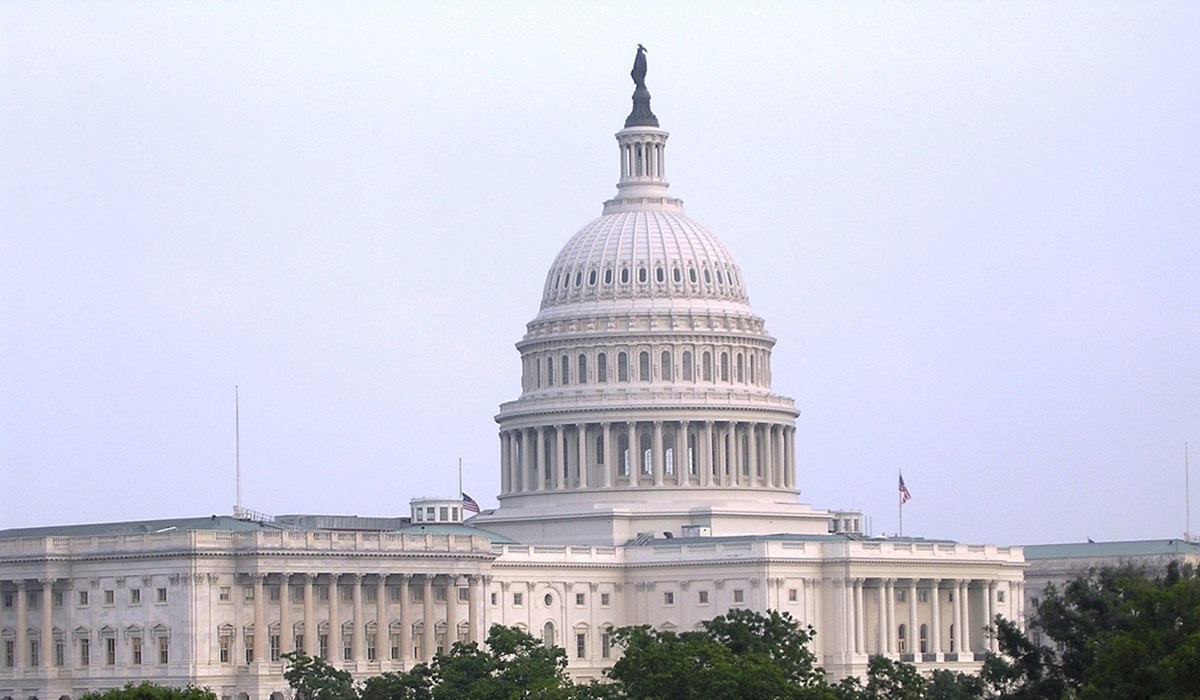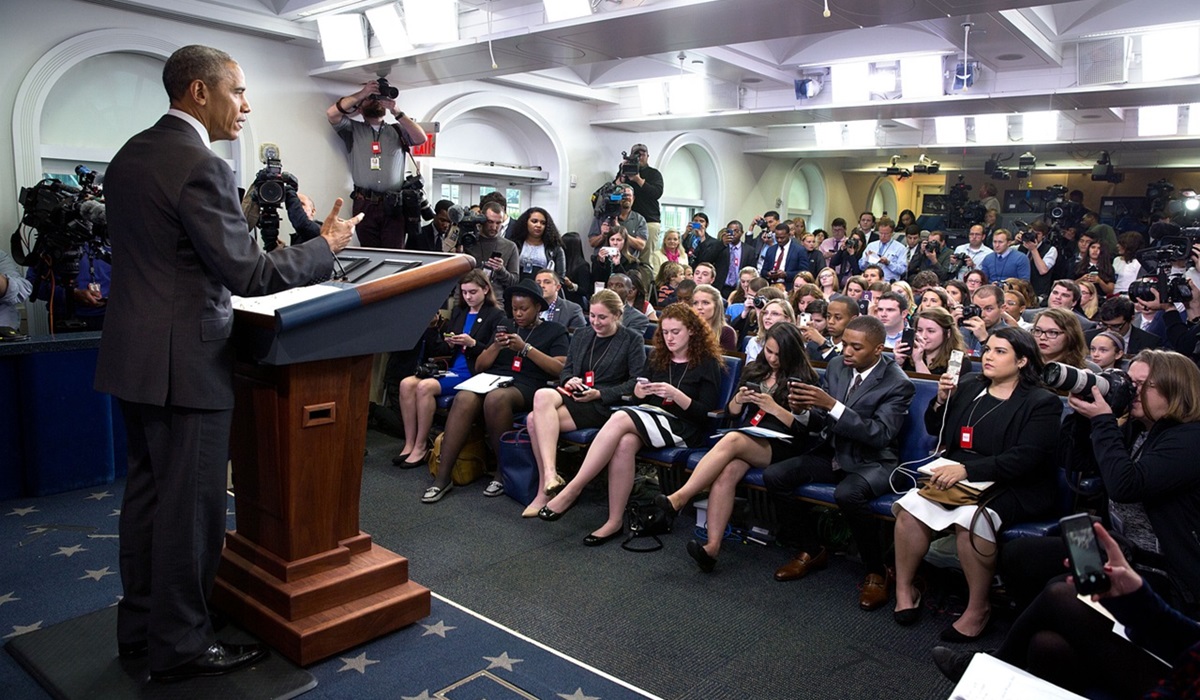The State of American Politics: Analyzing the Assassination Attempt on Donald Trump
- TDS News
- U.S.A
- July 15, 2024

Image Credit, Phillip Roulain
The recent assassination attempt on former President Donald Trump has once again brought the state of American politics into sharp focus. The political climate in the United States has always been turbulent, but the advent of Trump’s presidency marked a significant amplification of divisive rhetoric, with social media and traditional media playing pivotal roles. Trump’s blunt and often inflammatory language was not unprecedented in American politics, but his use of the modern media landscape brought these elements to the forefront, making them more visible and, arguably, more acceptable.
Before Trump’s rise to political prominence, American political discourse was already polarized. However, Trump’s savvy use of social media, particularly Twitter, and his frequent, often sensationalist coverage by traditional media, took political vitriol to new heights. His comments and actions were covered extensively, creating a feedback loop where controversy generated more media attention, which in turn led to more controversy.
This phenomenon wasn’t confined to Trump alone. The attack on former Speaker Nancy Pelosi’s husband elicited laughter and jokes from certain right-wing circles, highlighting a disturbing trend where violence against political figures was trivialized or even encouraged. Figures like Marjorie Taylor Greene have made inflammatory statements that normalize extreme rhetoric, contributing to a political environment where threats and actual acts of violence seem less shocking.
Despite the amplification seen during Trump’s era, political hostility is not a new phenomenon in America. Historical incidents, such as the attempted assassination of Ronald Reagan or the violence during the Civil Rights Movement, show that political violence has deep roots in American history. What sets the current climate apart is the normalization and public acceptance of such rhetoric, especially from prominent political figures.
In the wake of the assassination attempt on Trump, it is notable that every Democrat condemned the act unequivocally. This starkly contrasts with the responses from some Republicans when violence was directed at Democratic figures. The inconsistency in reactions to political violence raises critical questions about the current state of American politics and the moral compass of its leaders.
The assassination attempt on Trump, regardless of one’s political stance, is a despicable act that should be condemned universally. However, the disconnect in responses between parties highlights a troubling trend. If Democrats can denounce violence against Trump, why can’t Republicans show the same disdain when their Democratic colleagues are targeted?
This double standard not only undermines the principles of democracy but also perpetuates a cycle of violence and retribution. When political figures make light of or encourage violence against their opponents, it sets a dangerous precedent. It suggests that such behavior is acceptable, or even justified, under certain circumstances.
Assassination attempts, particularly against high-profile figures like a former president, indicate a belief that the target poses an extraordinary threat to society or democracy. The individuals who carry out or support such acts are often driven by a sense of desperation or radicalization, fueled by the divisive rhetoric they consume.
To address this issue, it is crucial to understand why these individuals feel compelled to commit such acts. Are they influenced by the polarizing language of their leaders? Do they believe that violence is the only way to achieve their political goals? And, importantly, how can we prevent this mindset from taking root?
The solution lies in fostering a political environment where violence and extreme rhetoric are unequivocally condemned, regardless of party affiliation. Political leaders must take responsibility for their words and actions, understanding the potential consequences of their rhetoric. Media outlets, too, have a role to play by not sensationalizing or giving undue attention to inflammatory statements.
In conclusion, the state of American politics, as highlighted by the assassination attempt on Donald Trump, reflects a deeply entrenched culture of divisive rhetoric and normalized violence. Both parties must recognize the dangers of this trend and work towards creating a more respectful and constructive political discourse. Only then can we hope to prevent such heinous acts and ensure the safety and stability of our democratic institutions?








